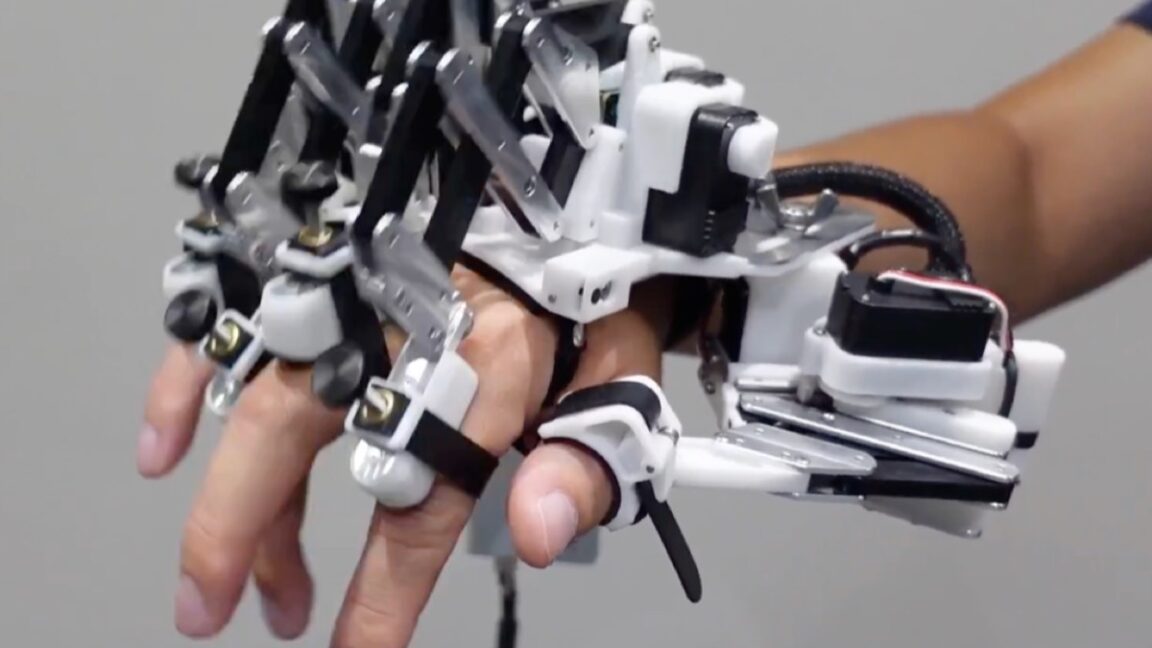

I love how memes (in the Dawkinsian sense) work. Lots of people have enjoyed this, but I can imagine this being quoted as the original is lost to the sands of time.
Young people everywhere thinking that Aquaman was someone who just bought failing assets from everyone.













This isn’t a comment in support of the actions described, but a comment about unintended consequences…
If you reclassify putting stickers on a car as domestic terrorism, you’re somewhat removing the disincentive for some in doing an actual terrorism.